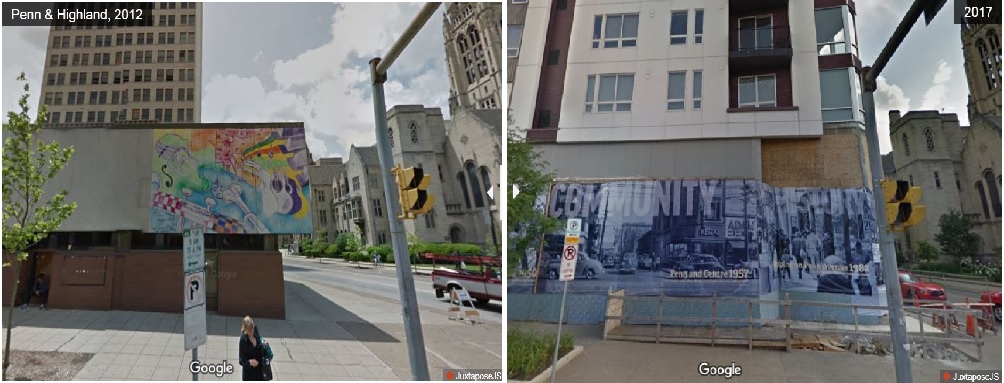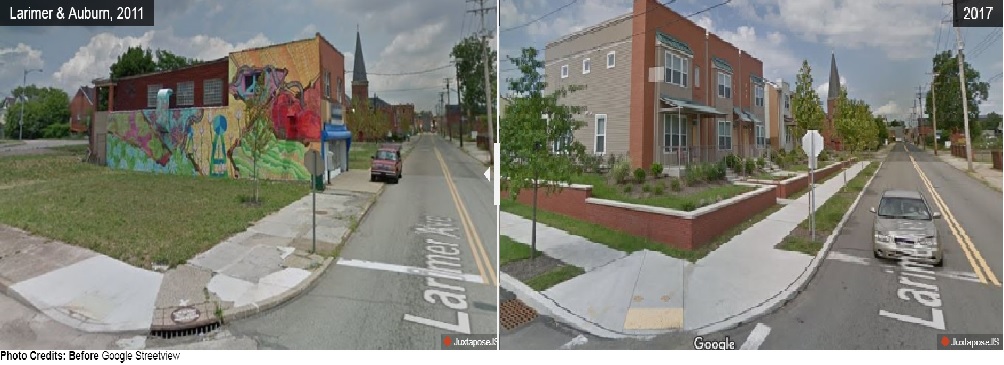In Van Zant v. Cleopatra Records, Inc., [17‐2849](October 10, 2018), the Second Circuit reversed the judgment of the district court and vacated the injunction against defendants’ distribution of a film about Artimus Pyle’s experience as the drummer for Lynyrd Skynyrd, and the award of $632,110.91 in attorneys’ fees.
Pyle was a late-comer to Lynyrd Skynyrd, and was one of the survivors of the October 20, 1977, plane crash that killed several other band members. Several of the survivors agreed never to use the Lynyrd Skynyrd name, but in 1987 surviving band members embarked on a tribute tour to Lynyrd Skynyrd, which prompted a lawsuit that was settled with a consent order that:
3. Each of the Individual Defendants . . . shall have the right to exploit his . . . own respective life story in any manner or medium, including . . . [a] motion picture[] . . . . In such connection, each of the foregoing shall have the right to refer to “Lynyrd Skynyrd” and related matters and to describe and portray his experience(s) with “Lynyrd Skynyrd;” provided that no such exploitation of life story rights is authorized which purports to be a history of the “Lynyrd Skynyrd” band, as opposed to the life story of the applicable individual.
Cleopatra approached Pyle for assistance in producing a film titled “Street
Survivors: The True Story of the Lynyrd Skynyrd Plane Crash,” and after a news article revealed that a film was in the works, plaintiff’s brought suit to enforce the consent order. The district court issued a permanent injunction prohibiting distribution of the Film and other related activities, reasoning that even though Cleopatra not a party to the consent order, it had acted “in concert or participation” with Pyle to produce the Film, which violated the Consent Order.
The Second Circuit rejected the argument that this was a classic First Amendment violation involving an unlawful prior restraint, noting that no government entity was involved in obtaining the order. The Second Circuit said that nevertheless, the case implicates free speech concerns, and two circumstances counsel caution in permitting an expressive work to be enjoined: first, it involves a restraint on the viewing of an expressive work prior to its public availability, and second, the injunction restricts
the actions of an entity that was not a party to the contract.
Ultimately the Second Circuit concluded that the injunction was unenforceable because it was insufficiently specific, permitting what it also appeared to prohibit. Pyle was permitted to make a movie that describes his experiences with Lynyrd Skynyrd and to refer to the band, but he may not make a movie that is a history of the band. The script for the movie that Cleopatra has been enjoined from distributing illustrated the inconsistency, or at least the insufficient specificity, of the terms of the Consent Order. The script tells the story of the plane crash in which some members of the band were killed and from which Pyle walked away. That crash is part of the “history” of the band, but it is also an “experience” of Pyle with the band, likely his most important experience. Provisions of a consent decree that both prohibit a movie about such a history and also permit a movie about such an experience are sufficiently inconsistent, or at least insufficiently specific, to support an injunction.
Two judges joined the opinion, but wrote separately that in their view the movie script did not violate the Consent Order, further illustrating the point that the Consent order was insufficiently specific.
Private agreements that restrain speech must be clear and unambiguous to be enforceable.


